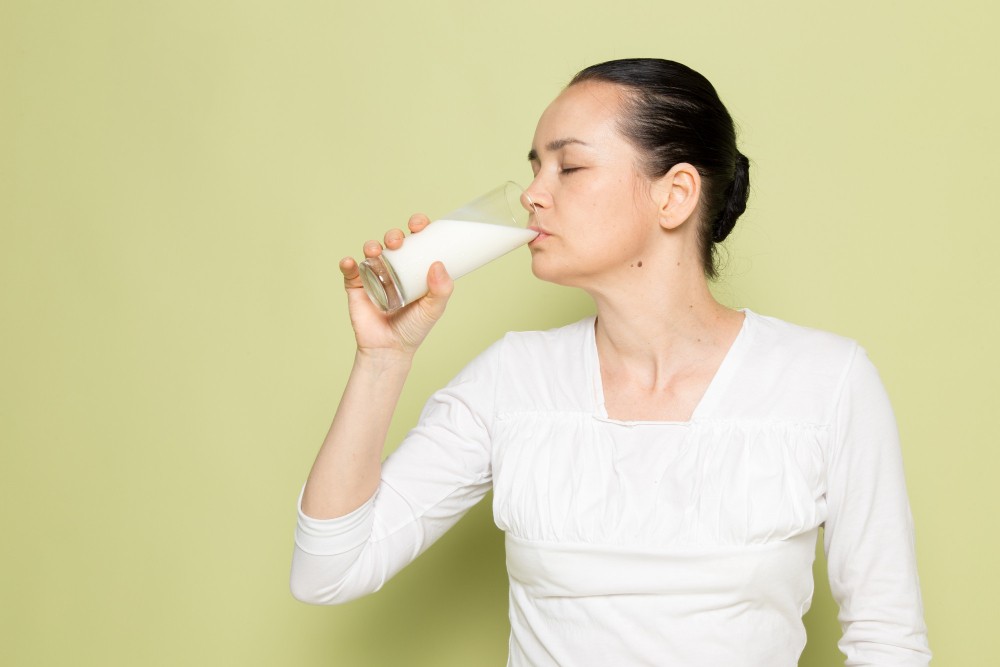Penyakit Asam lambung bukanlah penyakit yang berbahaya. Tetapi jika dibiarkan terus berkembang, maka bisa menjadi refluks asam lambung kronis atau lebih dikenal dengan gastroesophageal reflux disease (GERD). Ketika berkembang menjadi GERD, Anda berisiko mengalami komplikasi kesehatan seperti peradangan sinus, peradangan pada kerongkongan hingga kanker kerongkongan.
Agar terhindar dari komplikasi asam lambung, maka ada banyak hal yang bisa dilakukan setiap hari.
Apa itu Penyakit Asam Lambung?
Di antara kerongkongan dan perut terdapat cincin otot yang disebut sfingter esofagus bagian bawah (LES). Katup ini biasanya segera menutup setelah makanan melewatinya. Saat katup LES ini tidak menutup sempurna maka asam lambung dapat naik kembali ke kerongkongan. Pada saat ini Anda mengalami gejala seperti rasa tidak nyaman di dada seperti terbakar yang disebut mulas.
Saat gejala asam lambung ini terjadi lebih dari dua kali seminggu, maka secara medis kondisi tersebut dikenal sebagai penyakit GERD.
Baca Juga: Meredakan Penyakit Asam Lambung dengan Jahe
Kebiasaan Baik untuk Mencegah Komplikasi Asam Lambung
Sebelum berkembang menjadi GERD dan meningkatkan risiko kanker kerongkongan, Anda perlu menjalani pola hidup sehat. Pola hidup sehat inilah yang dapat membantu mencegah komplikasi dan menurunkan risiko GERD.
Menghindari makanan pemicu asam lambung
Menghindari makanan pemicu asam lambung penting untuk menjaga kesehatan lambung, mencegah gejala seperti mual dan refluks asam lambung. Makanan yang perlu dihindari di antaranya seperti:
- Gorengan
- Makanan berlemak
- Makanan asam
- Makanan pedas
- Peppermint
- Saus tomat
- Bawang
- Jeruk nipis
- Cokelat hitam
Ubah kebiasaan makan
Jika Anda gemar kuliner di malam hari, maka Anda harus menyudahi kegemaran tersebut. Batasi jam makan setidaknya 2-3 jam sebelum tidur untuk memberikan kesempatan pada pencernaan dapat mencerna makanan dengan baik. Selain itu, Anda perlu makan dalam porsi yang kecil dan mengunyah perlahan untuk mencegah asam lambung naik.
Baca Juga: Hindari Makanan ini Bila Memiliki Masalah Asam Lambung
Menurunkan berat badan
Kelebihan berat badan dan obesitas dapat meningkatkan tekanan di dalam perut sehingga mengganggu pengosongan lambung serta menurunkan tekanan LES bagian bawah. Akibatnya asam lambung akan cenderung lebih berisiko kembali naik ke kerongkongan.
Batasi asupan minuman berkafein dan minuman beralkohol
Minuman beralkohol dan minuman berkafein dapat menyebabkan naiknya asam lambung. Alkohol dan kafein dapat merangsang produksi asam lambung dan memperburuk gejala refluks asam lambung, seperti sakit mag dan heartburn. Minuman yang mengandung alkohol seperti bir, anggur, dan minuman beralkohol lainnya dapat memperburuk gejala asam lambung. Minuman berkafein seperti kopi, teh, dan minuman berenergi juga dapat meningkatkan produksi asam lambung dan memperburuk gejala asam lambung.
Tidur dengan bantal lebih tinggi
Saat asam lambung menyerang di malam hari, ubah posisi tidur dengan kepala lebih tinggi sehingga bagian perut menjadi lebih rendah. Posisi ini membantu mencegah naiknya asam lambung kembali ke kerongkongan.
Selain itu, Anda juga disarankan menggunakan pakaian yang longgar agar tidak memberikan tekanan pada perut yang dapat menyebabkan refluks asam.
Naiknya asam lambung lebih dari dua kali dalam seminggu menunjukkan bahwa gejala yang Anda alami telah berkembang menjadi GERD. Pada saat ini Anda perlu memeriksakan diri ke dokter untuk mendapatkan obat agar membantu mengelola asam lambung. Pengobatan akan membantu agar aktivitas Anda tidak terganggu.
Mau tahu informasi seputar penyakit lainnya? Cek di sini, ya!
- dr. Monica Salim
Jenna Fletcher (2021). Can acid reflux kill you?. Available from: https://www.medicalnewstoday.com/articles/can-acid-reflux-kill-you
Carly Vandergriendt (2020). Can Acid Reflux Cause Life Threatening Complications?. Available from: https://www.healthline.com/health/can-acid-reflux-kill-you
Annie Stuart (2022). What Is Acid Reflux Disease?. Available from: https://www.webmd.com/heartburn-gerd/guide/what-is-acid-reflux-disease
Cleveland Clinic (2019). GERD (Chronic Acid Reflux). Available from: https://my.clevelandclinic.org/health/diseases/17019-gerd-or-acid-reflux-or-heartburn-overview
Robin Madell (2018). Coffee vs. Tea for GERD. Available from: https://www.healthline.com/health/gerd/coffee-tea











